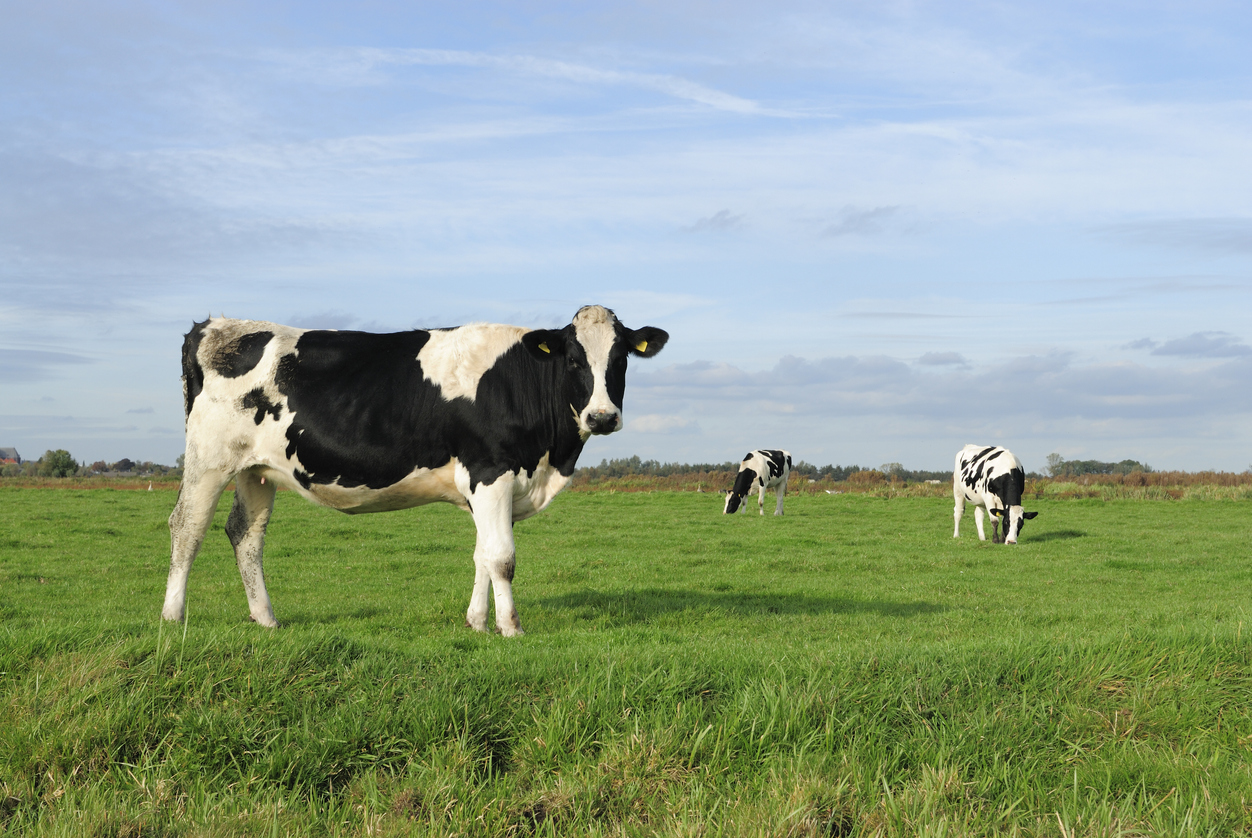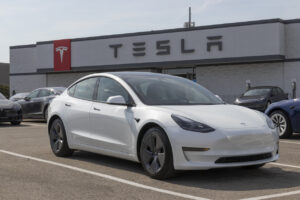The Scoop: Beef sellers are making whopper claims to climate-anxious consumers
Plus: DE&I is rebranding; no, Winston Churchill didn’t say that.

Cow burps contribute to human-caused climate change. Weird but true.
But this represents a dilemma for purveyors of beef and burgers who want to position themselves as a positive force in the fight against climate change, like Hopdaddy Burger Bar.
The Washington Post said that in trendy chain, which operates over seven states, customers can pay an extra $4 for a patty that claims to “save the planet, one bite at a time” by using farming practices that claim to reduce cattle’s carbon footprint.
“We want to change the narrative that eating meat is bad for the planet, or that eating plant-based is better,” said a manager at one Hopdoddy location.
They’re far from the only company trying to provide an all-beef alternative to the Impossible Burger option for climate-conscious customers. Tyson Foods, and others, have also thrown its hat into the ring with a climate smart beef program.
The problem? Experts told the Washington Post that no burger is climate friendly, even if their carbon footprint is slightly below traditional ranching methods. But the FDA also lacks real authority to do anything about misleading claims, making the labeling a wild west.
Why it matters:
The fact that the beef industry feels the need to make these claims indicates they’re already on the back foot (hoof?).
“You need to understand that offense wins and defense loses in public relations and in advocacy. If you are explaining, you’re losing. If you are answering accusations, you are losing. If you are having their debate and saying ‘I’m not that bad,’ they are controlling the narrative,” Jack Hubbard, executive director of the Center for the Environment and Welfare, told members of the meat and dairy industry at a conference.
This is a public relations gambit, make no mistake. And it’s one that’s founded in rising concerns over climate change among Americans: 34% believe eating less meat would help climate change, according to a 2023 Newsweek poll.
So the move is smart business. But is it being communicated in a way that’s honest and responsible?
In California, a proposed law might require more transparency to combat “greenwashing” claims. That might force companies to be more specific about what they mean when they say their product “fights climate change.” But it’s better to be honest and open by choice than by statute.
Work across your organization to ensure that your PR claims are backed by science, are clear and don’t overpromise. Maybe these burgers can’t save the world, but they can make one tiny step toward stabilizing our environment. And that’s better than nothing.
Editors Top Picks
- DE&I is getting a rebrand. Amid controversy surrounding the Supreme Court affirmative action decision as well as pushback from conservative politicians and employee fatigue, some DE&I initiatives are shifting focus away from helping specific ethnic groups. The New York Times profiled OneTen, an organization founded in the fallout from the murder of George Floyd that specifically sought to move Black people into high-paying jobs. But nearly four years on, it’s changed its positioning to focus on skills-based hiring. This notably means urging companies to remove degree requirements for many roles – something that helps people of all races but gives an extra boost to Black Americans. The message is now less focused on one race of people, but rather “equity for all.” It’s a clever tweak that delivers on similar aims in a new way.
- When Florida Gov. Ron DeSantis announced he was withdrawing from the Republican primary, his campaign posted a quote it attributed to Winston Churchill: “Success is not final, failure is not fatal: it is the courage to continue that counts.” But the quote is bogus, Axios reported. The same quote has also (wrongly) been attributed to Abraham Lincoln. It’s a vivid reminder to always, always, always verify quotes from credible sources (not some webpage of “most inspirational quotes of all time”) before putting them in speeches, especially if they come from reportedly misquoted superstars like Churchill, Lincoln, Mark Twain or Albert Einstein.
- Facebook has turned off the traffic spigot and news sites are suffering. CNBC reported that traffic from Facebook to news sites plummeted from 50% in 2022 to just 33% in 2023. Facebook is far and away the biggest source of social referral traffic to news sites, so a decrease stings in a big way. It’s all part of Facebook’s stated aim to pivot away from the news, but it’s a harsh blow for media outlets already struggling to remain solvent. Which, of course makes it harder yet for your well-placed story to find its intended audience via social media. It’s an important reminder to diversify beyond traditional media and look to influencers, popular YouTube or TikTok channels, and podcasts.
Allison Carter is editor-in-chief of PR Daily. Follow her on Twitter or LinkedIn.








Lying to the public about what there’re doing is not right. If you say that eating less beef will be beneficial and it’s not then the public should be aware. The pr team should do a better job as to try and fix the image of what the company wants to portray itself to be.